|
There are certain topics, certain words, and certain aspects of life that are rarely, if ever, addressed in Christian fiction. Anything sexual is typically avoided, and definitely anything explicit. When I started writing The Ticket, I was not planning to break this taboo. But as the novel unfolded in my head and on paper, it took on a mind of its own.
In particular, I introduced a middle-aged sexual predator who, in my first draft, merely made a couple of inappropriate remarks to my main character, a fourteen year old girl. When this character appeared again in a later scene, it began to feel like the proverbial gun on the shelf—if you see it in an early scene, you expect it to be fired at some point. In my final draft, he lures the girl into his car on the pretext of giving her a basket of practice tennis balls. When I write, I try to get inside the head of one character and feel, see, taste, hear, and smell exactly what she’s feeling, seeing, tasting, hearing, and smelling. As a result, this brief scene proved shocking for some readers. Many others, however, have been very supportive. We all know that bad things can happen to good people. But do we want to read about them? Readers of a particular genre grow to know what to expect, and there’s a certain comfort in that. Yet the books that stay with us long after we finish them are often the ones that veer into an unexpected pathway. Sexual abuse in its varied forms is way too common in our society. The victim may suffer repercussions throughout his or her entire life. Are we better off by pretending that our family is exempt from this risk, or by opening a dialogue about how to react if it should ever happen to our family? In The Ticket, fourteen-year old Tray doesn’t tell her parents about the incident for a long time. This incident leads her to tell a lie that haunts her for some time. Feelings of shame—or fear of being viewed with skepticism or pity or, worse yet, of blame being transferred to the victim—may keep young people silent. Reading and discussing some of the bad things in life before they happen could, I hope, serve a purpose if the inconceivable should ever become the conceivable. I don’t mean to give the impression that only bad things happen to Tray in The Ticket, or that the controversial scene lies at the heart of the novel. In fact, The Ticket is about a family that wins the lottery. While the win itself doesn’t provide the happiness they long for, good does come to Tray in various ways. A new girl at school turns out to be Tray’s dear friend. A boy she has a crush on begins to pay her some attention. Her relationship with her dad is strengthened. And, little by little, Tray becomes a more confident young woman who believes in her ability to survive the tough things that sometimes come our way in life.
8 Comments
6/23/2015 10:26:50 pm
I am also a Christian writing about a controversial subject, so I was very interested to find your blog. It's as though we are traveling in the dark regarding certain subjects, isn't it? But the truth is that we do live in a fallen world, and bad things do happen to us. How we handle them is a testimony to other Christians and to the world. I'm looking forward to getting to know you!
Reply
7/14/2015 01:30:21 am
Tere,
Reply
Stephan Wininger
6/24/2015 01:26:58 am
I was a teen in the 70s and I am looking forward to reading this book. I watched the book trailer and it left me for wanting more!
Reply
7/21/2015 08:05:20 am
Hi, Debra, Let's see if this works to get me following you. Hope so!
Reply
Tere Belcher
1/14/2016 08:00:00 am
Hi, Debra, yes it did, and I now get an email notice when there are any new replies. Thank you!
Reply
5/11/2024 10:33:52 pm
This was lovely thanks for writing this
Reply
Leave a Reply. |
Archives
June 2024
Categories |
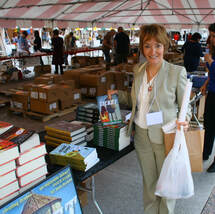
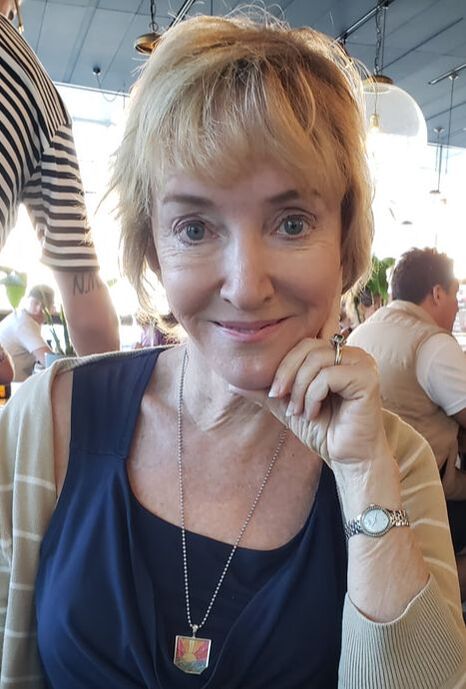
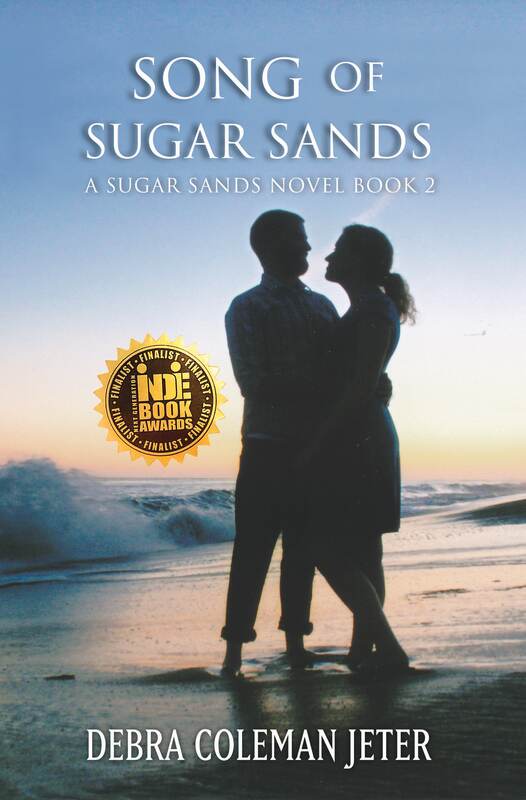
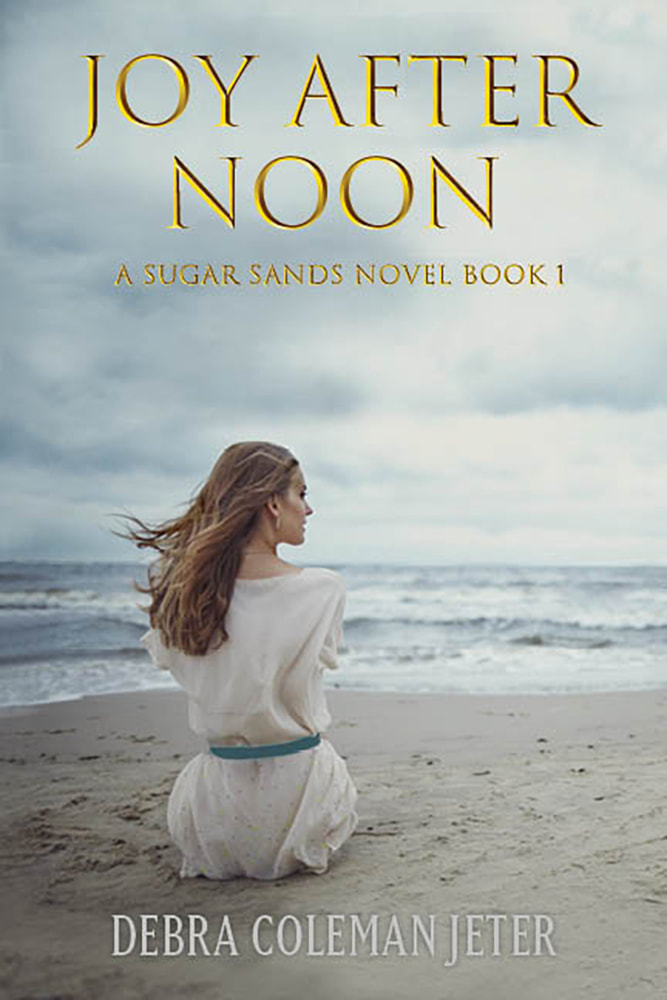

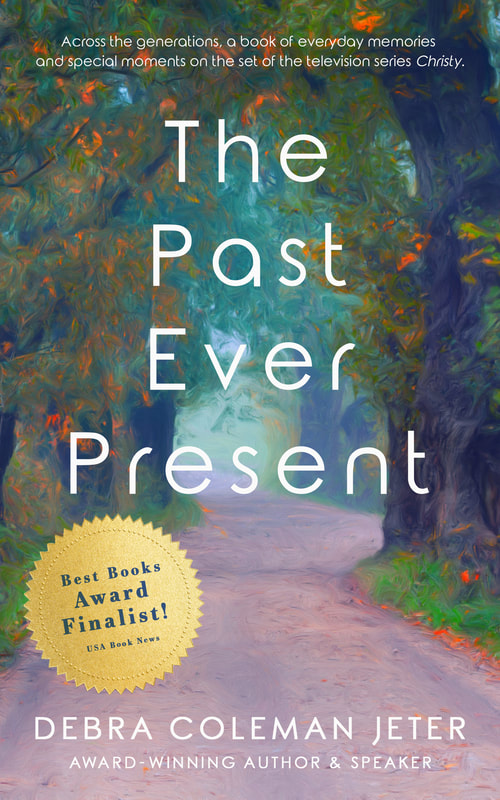
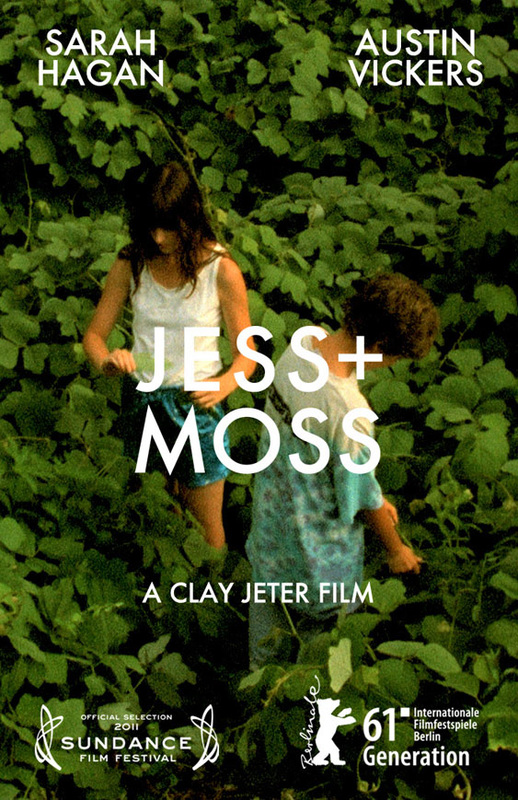
 RSS Feed
RSS Feed